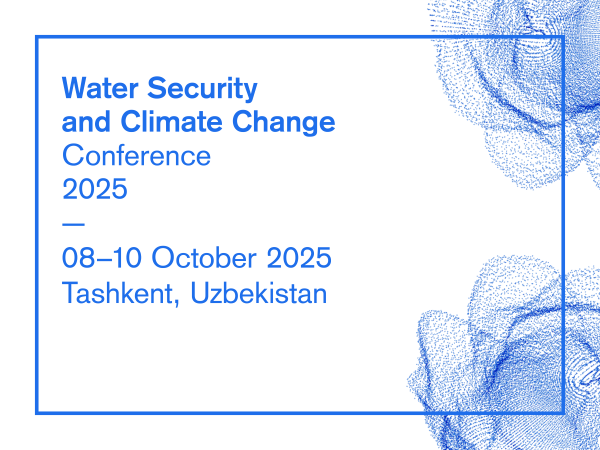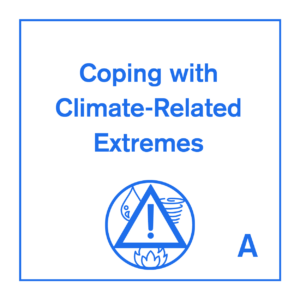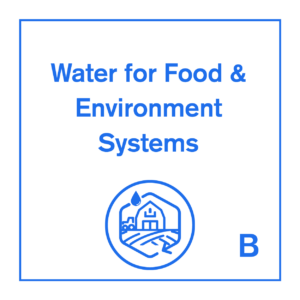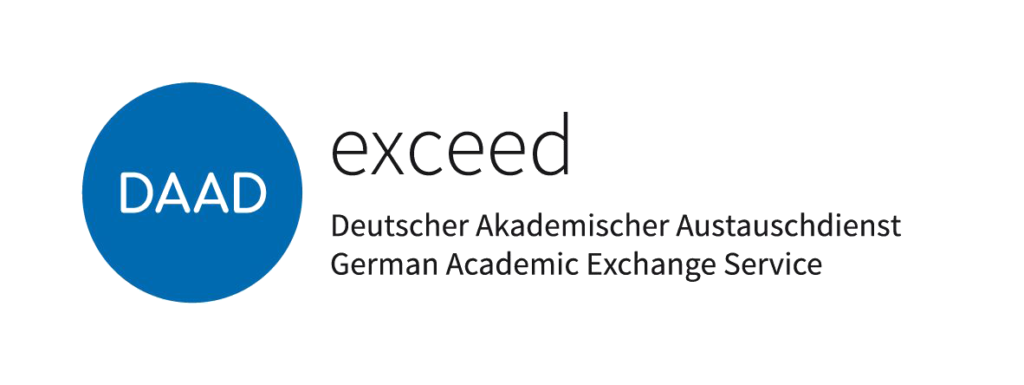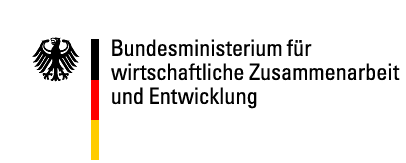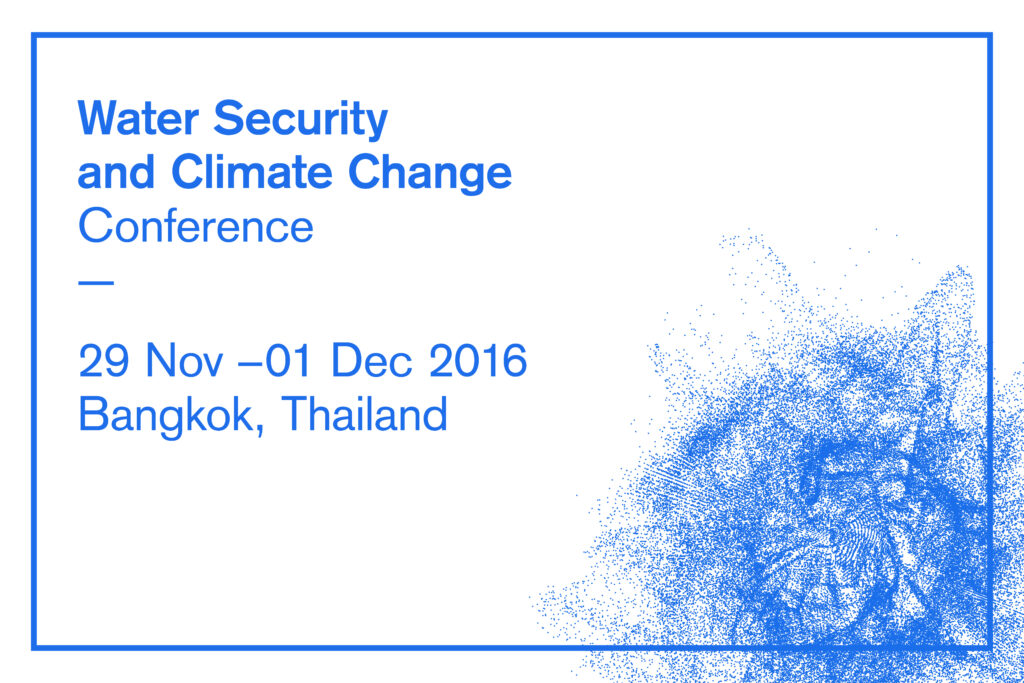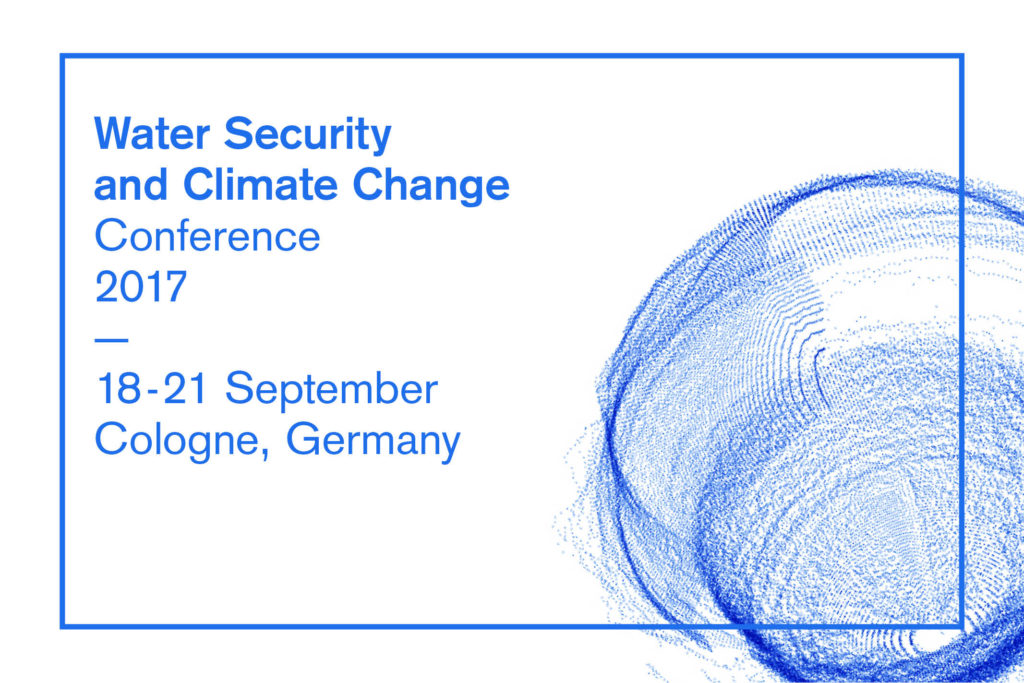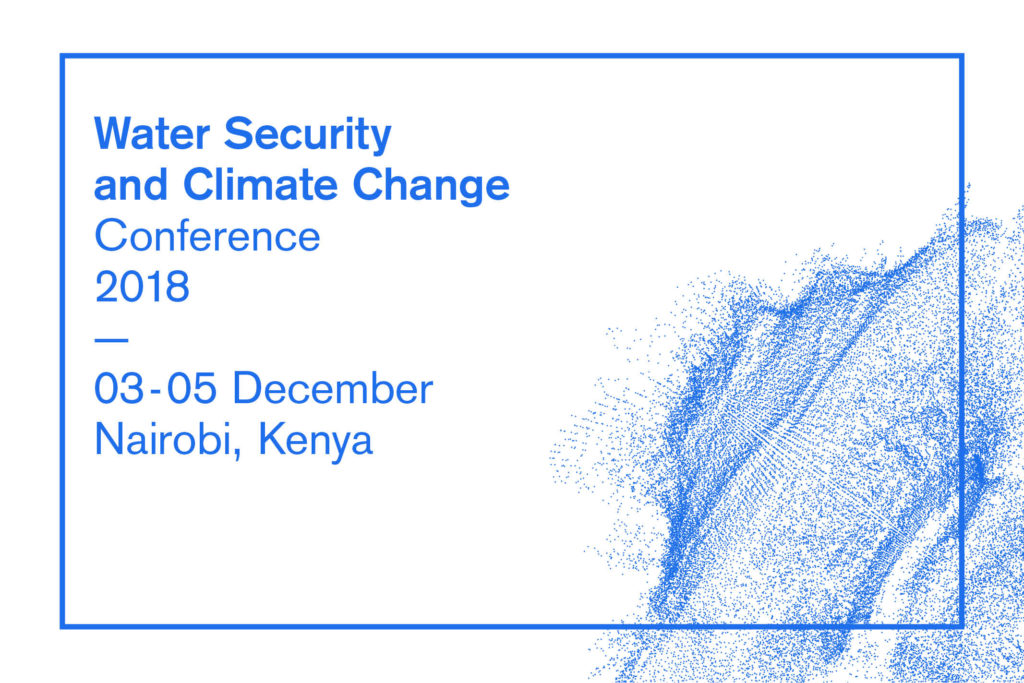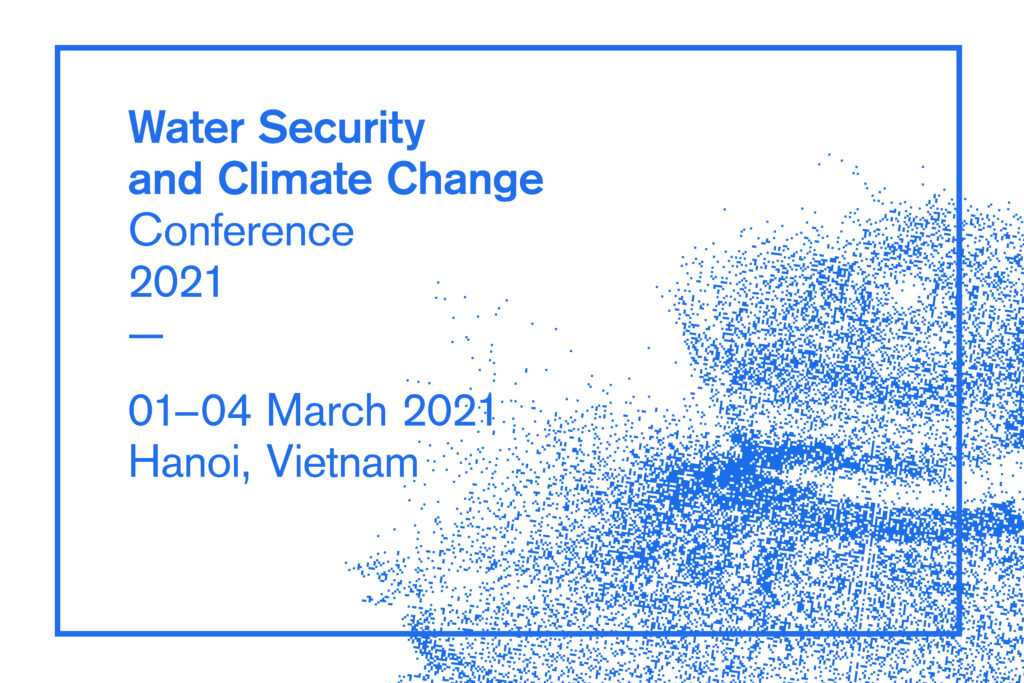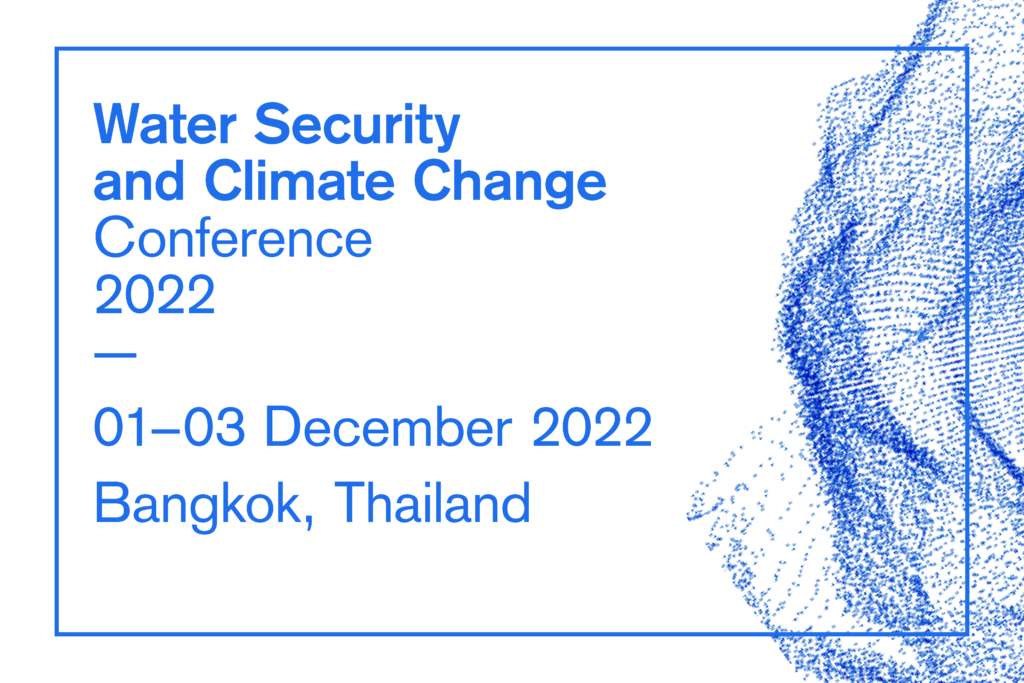Conference Booklet and Extended Program are online
The conference booklet contains extended information about the conference, the program, description of all sessions and the abstracts of all presentations.
The extended program shows all sessions and oral presenters in a compact overview.
Conference Registration is CLOSED
The conference registration platform is closed. Thank you for your interest in the WSCC25 and see you soon in Tashkent.
All attendees must register in advance through the platform, as on-site registration will not be available.
Extended FAQ-Section online
Please make sure to read our FAQ-section. Most of your questions might be already answered there.
